On-Campus Accommodation
There are a limited number of places for international students who want to live on the University campus. There are several options close to the Lidah Wetan Campuses including Student Center, and Dormitory. For more information about the various on-campus accommodation options and about how to apply, please visit https://asrama-kontainer-unesa.business.site
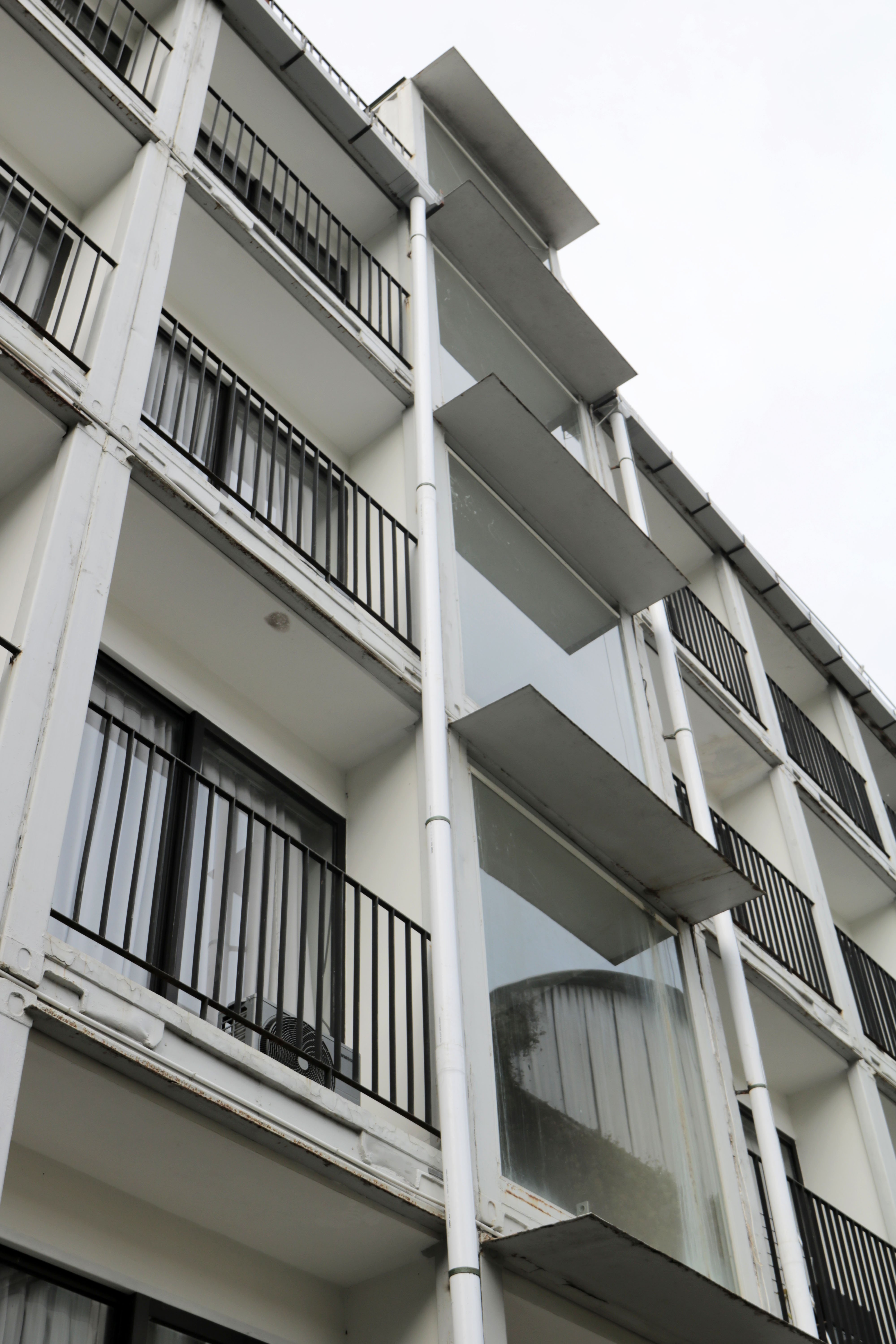
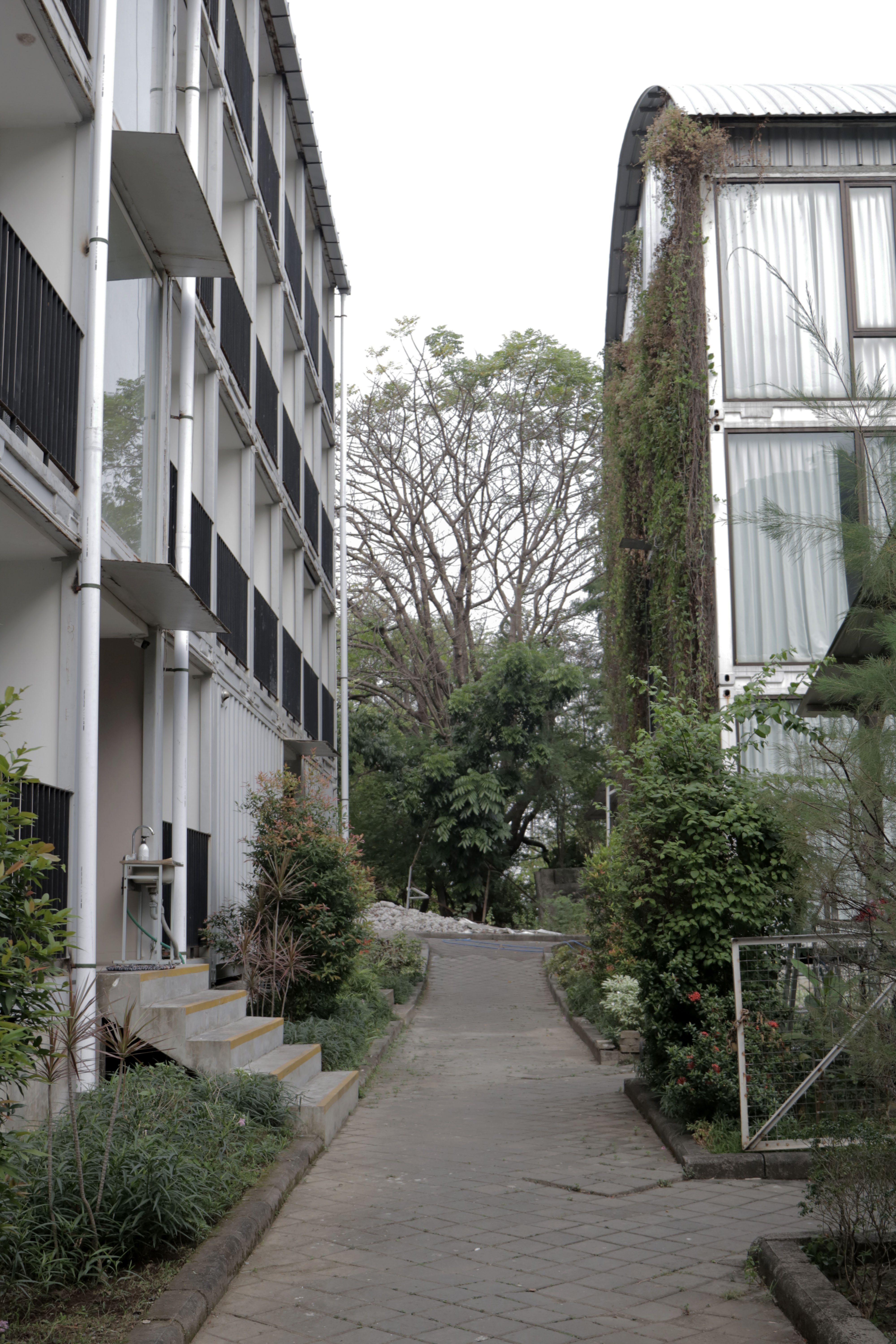
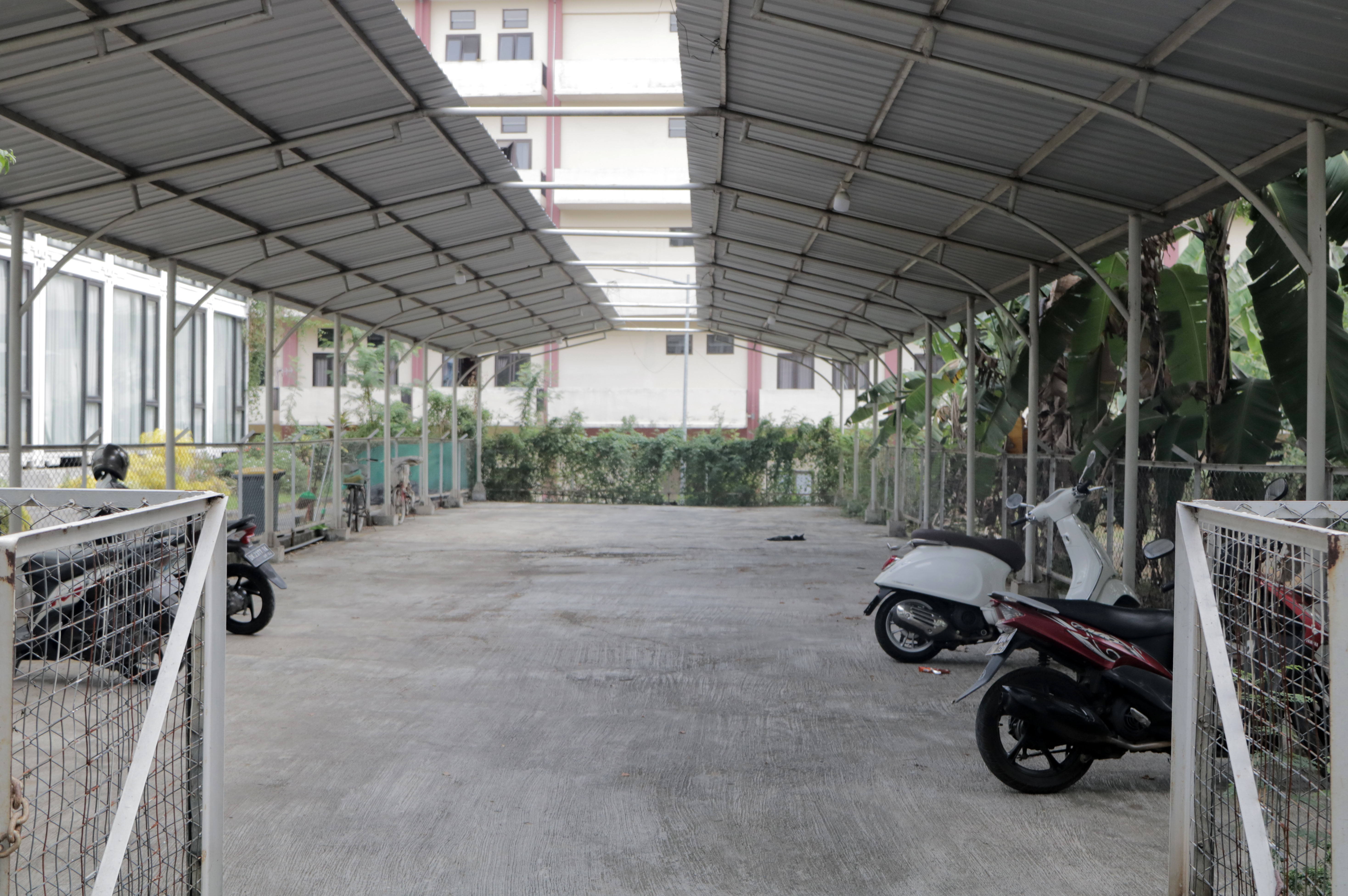
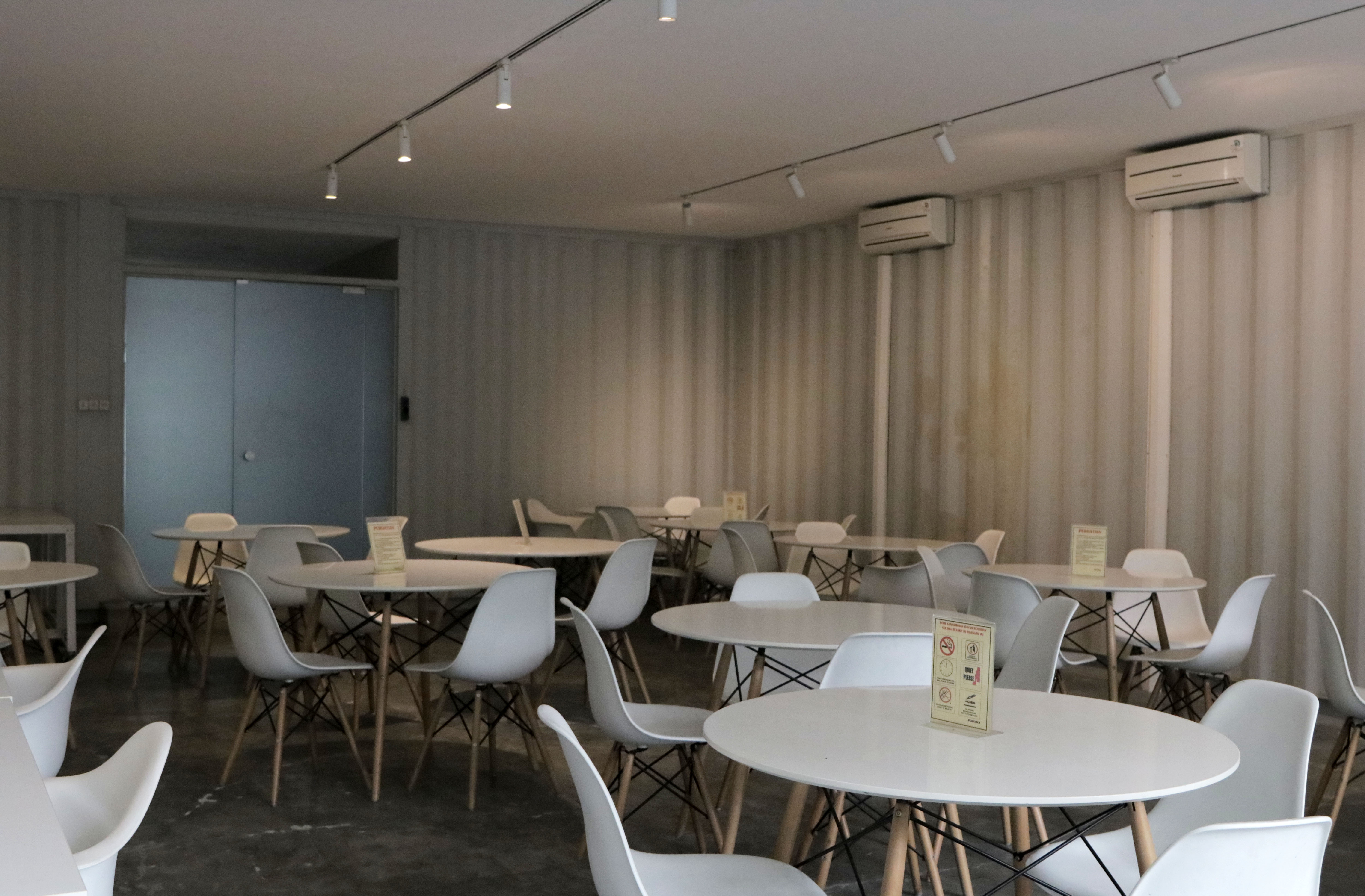
Off-Campus Accommodation
If you want to live off-campus, it is best that you physically inspect the property before signing a contract. Make sure you allow time to look for accommodation by arranging temporary accommodation when you arrive in Indonesia. There are a variety of off-campus accommodation options that range from shared accommodation and boarding house.
Shared accommodation is where a number of housemates share an apartment or a house, and can offer good value for money to students. These are usually furnished and include internet connection. You may find shared accommodation listings on popular websites, such as mamikos.com.
Boarding house accommodation is a house (frequently a family home) in which lodgers rent one or more rooms for one or more nights, and sometimes for extended periods of weeks, months, and years. The common parts of the house are maintained, and some services, such as laundry and cleaning, may be supplied. Many of the lodgers might not advertise their accommodations via online, so you have to physically survey this type of accommodation. However some of them happen to share their accommodations on popular websites such as mamikos.com.
Money, banking and budgeting
Setting Up a Bank Account
How to register a BTN bank account:
Prepare complete documents and sufficient money for the first deposit.
Personal Documents consist of: Passports & KITAS / KITAP are still valid.
Balance and Deposit consist of: Initial deposit IDR 200,000; Minimum balance IDR 50,000; The continuation minimum deposit IDR 10,000.
Visit the nearest BTN Bank outlet or through the BTN Virtual Branch (Open Account).
Visit the customer service section to open a BTN Batara savings account.
Fill out the form and submit all the documents that have been prepared.
Follow all procedures directed by customer service.
Batara BTN savings account is ready to use.
Terms and Conditions
The account can be valid for Indonesian Citizens (WNI) or Foreign Citizens (foreigners).
Can be for prospective individual or institutional customers. The person or institution on behalf of the account opened is fully responsible for all obligations arising from the account.
Must attach the required documents.
The account is declared active and can be used effectively after being approved and activated by the Bank in accordance with the applicable provisions in the Bank.
Bank on Campus
Many bank offices and ATMs (Automatic Teller Machines) are available on campus, such as:
Bank BTN at Citraland Street, Unesa GOR Faculty of Sport No. 01, Lidah Wetan.
Bank BTN at Unesa Ketintang.
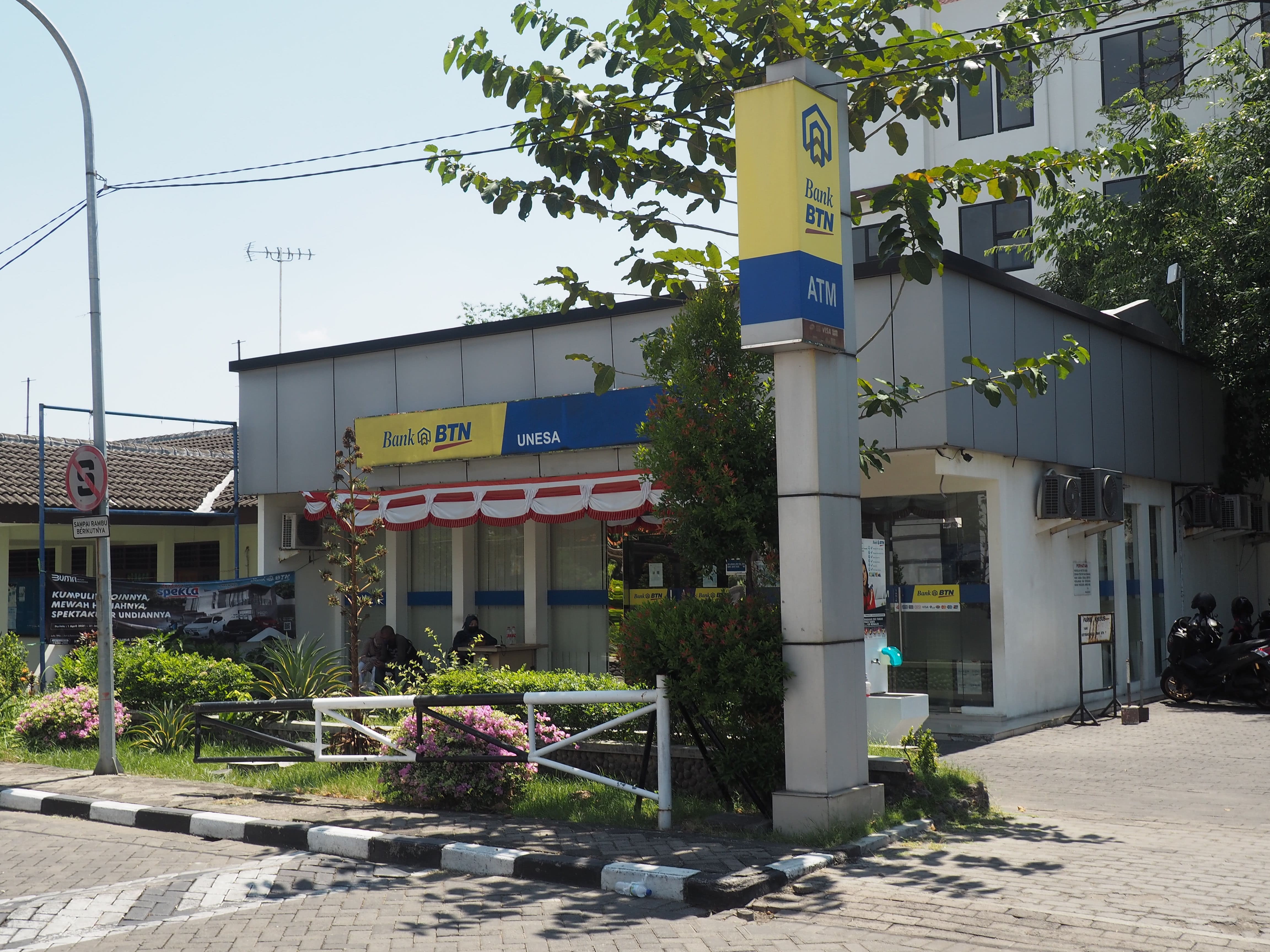
Bank Jatim at Unesa Ketintang.
ATM BTN at the Faculty of Engineering.
ATM BTN at the Unesa Rectorate Building, Lidah Wetan.
Exchanging Currency
Students are strongly advised to bring enough Rupiah as they arrive in Indonesia. If you do not bring any Rupiah currency with you, you are advised to change some money. Money changing facility is available at Juanda International Airport. At the airport, money-changer rates are usually slightly higher for cash. Compare this with the banks and money changers in the city who offer the most competitive exchange rates.
Various information related to currency exchange rates can be accessed online through electronic banking, mobile-banking (if you already registered a bank account) and some trusted currency exchange website (ex. web banking / Google Finance) or directly through the bank offices around campus or currency exchange companies.
Living Costs and Budgeting
Surabaya City offers a competitive standard of living at a comparatively low cost. Compared to other study destinations, Surabaya City provides excellent value for money. The annual cost of living depends on the student’s lifestyle and type of accommodation. Students should also have additional funds to pay for initial establishment costs, textbooks, equipment, incidentals, local transport, temporary accommodation and entertainment. It is also important that you allow for transport costs approximately IDR 100,000 (US$ 10) per week if you live off-campus. Include extra costs in your budget, if you intend to do some traveling to places like Malang, Batu, Yogyakarta, or Bali while you are in Indonesia.
| No | Expenses | Estimated Cost |
| 1 | Housing |
IDR 2000K (132 USD) |
| 2 | Meals (per month) |
IDR 2500K (165 USD) |
| 3 | Books & Supplies |
IDR 400K (27 USD) |
| 4 | Transportation (per month) |
IDR 600K (40 USD) |
| 5 | Communication |
IDR 250K (17 USD) |
| 6 | Personal Daily Needs |
IDR 300K (20 USD) |
| 7 | Incidentals |
IDR 300K (20 USD) |
| TOTAL |
IDR 6350K (421 USD) |
|
Communications
Getting SIM Card
Staying connected with the people you love when living in Indonesia is an important thing. Buying the Indonesian SIM Card should become an option. Having a reliable internet connection is also helpful to take advantage of the growing Indonesian online service. The transportation apps such as the uber-like Grab and Gojek. It will provide great help getting around the city of Surabaya.
It might take some time to understand how it works in the telecommunication business in Indonesia. There are loads of providers offering plenty of mobile products. The government regulation can be confusing too as 2018 marks several changes when it comes to SIM card registration. From the 18th of April 2020, you need to register your phone IMEI first before using it in Indonesia.
Most Indonesians use prepaid SIM cards rather than post-paid ones. Customers buy a certain amount of balance called “pulsa” which later can be used to call, text, and browse the internet. Users can also use the balance to buy packages such as data packages, a call package, and SMS packages. There are also packages with a combination of all three.
There are five operators in Indonesia which serve cellular communication: Telkomsel, Indosat, XL, 3, and Smartfren. To get a SIM card in Indonesia, you just need to buy it from the kiosk or directly to the operator. An empty Indonesian SIM card without any credits or data packages usually costs as cheap as IDR 10,000. Many kiosks sell SIM cards with a pre-loaded data package. Prices vary depending on how much data customers will get. The 4G LTE network coverage is almost evenly distributed throughout the country, in certain places, let say the remote place, there’s always a network coverage at least 3G network.
Connecting to the Internet
Most boarding houses provide free Wi-Fi access but shared accommodation may not. If your accommodation doesn’t provide Wi-Fi access, there are two options that you may consider. You can use your cellular network to connect to the Internet by using your phone as a Wi-Fi hotspot or you can buy Mi-Fi (Mobile Wi-Fi) from the operator. It will cost you about IDR 500,000 to IDR 1,000,000 for the bundling package (Mi-Fi and the data). While on campus, you need to have your Unesa e-mail to access the internet. The Unesa mail is on
Working and Worker’s Rights
As student visa holder, international students are not allowed to work/earn a living while studying in Indonesia.
Transportations
1. Bus / Minibus
Bis (buses) or bemo (minibus) are the most common means of public transportation in Surabaya. There are a large number of bus / minibus companies servicing various routes throughout Surabaya.
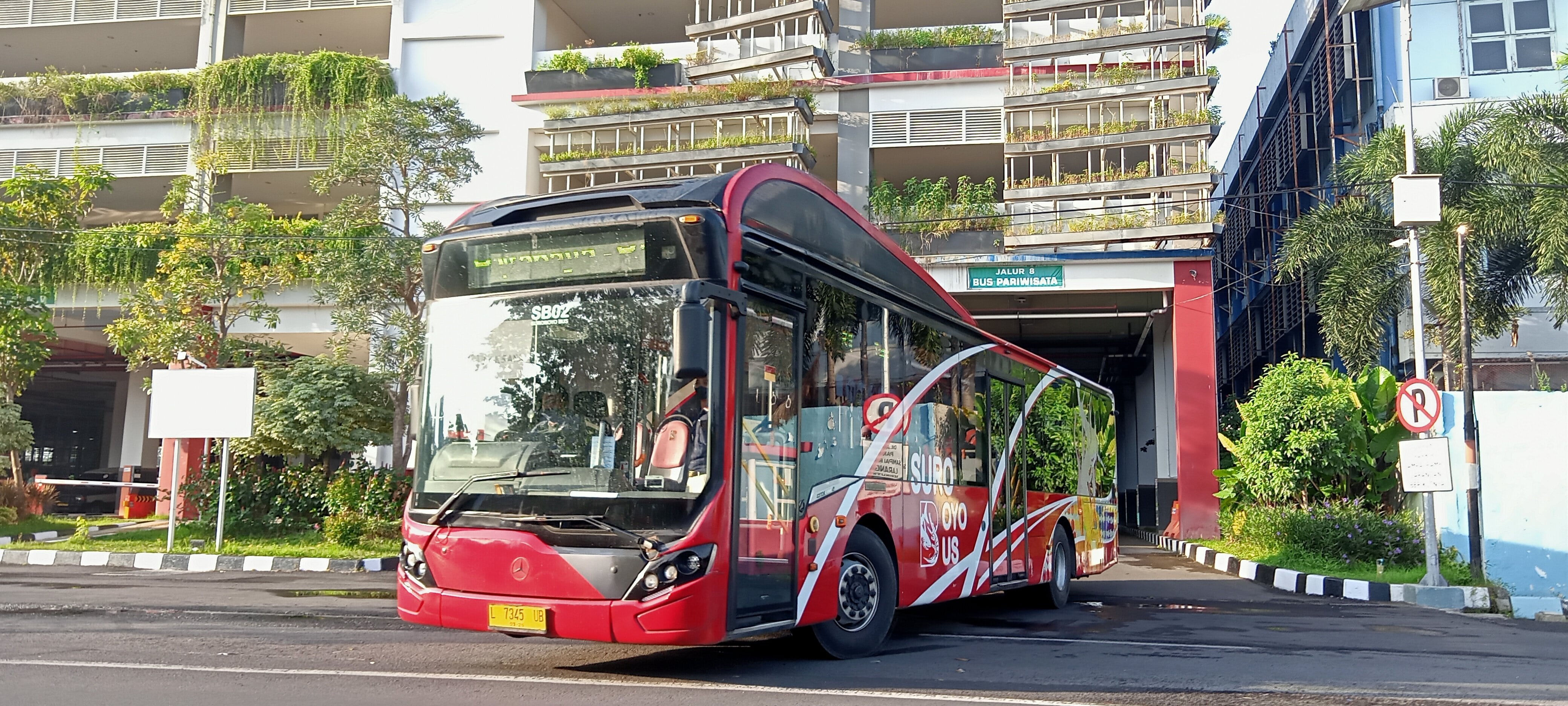
2. Train
Train service is called the Commuter Line, which operates regularly from Surabaya to Porong, Sidoarjo until Bangil, Pasuruan. An available train station is in Wonokromo Station, near the Unesa Ketintang campus to connect you to Surabaya and the surrounding areas. Passengers can buy a single trip or multi trips ticket at the ticket counter of every station. Trains to other major cities in Java leave from Gubeng, Pasar Turi and Wonokromo stations. Tickets can be booked in advance. Trains have been a comfortable means of transportation for inter-city travel with reasonable prices.
3. Taxis
Taxis are easily found almost everywhere in the streets of Surabaya. Taking a taxi could be as reliable as using a personal car. At ‘flag fall’ the meter (argo) starts around IDR 5K – 7K (for regular taxi).
4. Online Transport
In this digital era, online transportation has become one of the popular means of transportation. We can use it through an online transportation application or website. Some online transportation that is rife and often used by students and the general public are: Gojek and Grab.
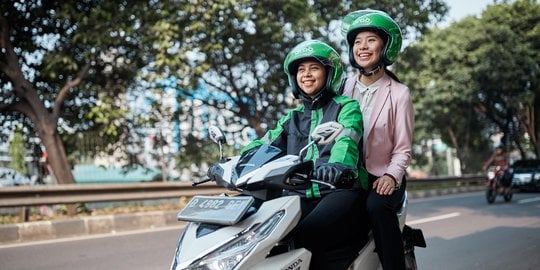
5. Driving
Other options besides using public transportation or online transportation are using private vehicles or rental vehicles. To get a rental vehicle, you can visit several vehicle rental services around the campus.
Health and Well-being Services
All Unesa students have health insurance and are provided with health insurance cards for each student.
The University Health Sevice
Polyclinic provides assistance to civitas academica of Universitas Negeri Surabaya who needs health services. Universitas Negeri Surabaya Polyclinic is located in two campus area, one namely Poliklinik Kampus Ketintang is located in front of the Multipurpose Building, while the other one is located within the Faculty of Sports Sciences area. Every year, polyclinic carries out medical tests for Universitas Negeri Surabaya prospective new students, which is color blind test, free from drug use test.
For further information: https://www.unesa.ac.id/page/id/upt-poliklinik/
Safety
Safety at the University
This Unesa Security Service ensures your campus is secure 24 hours a day, seven days a week. There also safety sips and safe pedestrian routes around the University. Security staff are friendly, trained to help and are committed to keeping you safe.
Police: 110
Ambulance: 118 or 119
Firefighters Department 113 or 1131